Top Task Management Software for Small Businesses in 2025: Boost Productivity and Efficiency
Introduction
As we step into 2025, the landscape of task management software continues to evolve, catering to the unique needs of small businesses. With the growing emphasis on productivity and efficiency, these digital tools have become indispensable for teams striving to streamline their workflows. In this article, we will explore some of the top task management software options available in 2025, highlighting their features, benefits, and how they can help small businesses thrive in a competitive environment.
1. Asana
Asana remains a favorite among small businesses due to its user-friendly interface and robust features. This software allows teams to create projects, assign tasks, set deadlines, and track progress in real time. The ability to visualize workflows through Kanban boards or Gantt charts adds to its appeal, making it easier for teams to stay on the same page.
In 2025, Asana has introduced enhanced automation features, allowing users to automate repetitive tasks and notifications, significantly reducing the risk of human error. Moreover, integrations with popular tools like Slack, Google Workspace, and Microsoft Teams make collaboration seamless, ensuring that all team members are connected.
2. Trello
Trello remains a top choice for small businesses seeking a flexible task management solution. Its card-based system allows users to create boards for different projects, making it easy to visualize the workflow. In 2025, Trello has introduced additional customization options, enabling businesses to tailor their boards to fit their specific needs.
The software's Power-Ups feature enhances functionality by allowing users to integrate various applications directly into their boards. Whether it's adding a calendar view or connecting to third-party services, Trello continues to adapt to the changing demands of small businesses, making it a versatile option for task management.
3. Monday.com
Monday.com has gained significant traction among small businesses for its highly customizable platform. In 2025, it offers an extensive library of templates that cater to various industries, allowing teams to kickstart their projects quickly. The visual nature of Monday.com, with its colorful charts and graphs, provides users with a clear overview of their projects and tasks.
One of the standout features of Monday.com is its automation capabilities, which allow teams to streamline repetitive processes. From sending notifications to updating statuses, small businesses can save time and resources, enabling them to focus on more strategic tasks.
4. ClickUp
ClickUp has emerged as a comprehensive task management solution for small businesses seeking an all-in-one platform. By 2025, ClickUp has expanded its features to include time tracking, goal setting, and document sharing, making it an attractive choice for teams looking to consolidate their tools.
With its user-friendly interface and customizable views, ClickUp allows teams to tailor their workspace to suit their preferences. The software's built-in integrations with popular apps further enhance its functionality, making it a powerful ally in boosting productivity and efficiency.
5. Wrike
Wrike is renowned for its advanced project management capabilities, making it a strong contender for small businesses with complex workflows. In 2025, Wrike has introduced new features like AI-driven task prioritization and resource management tools, which help teams allocate their resources more effectively.
The software's real-time collaboration features enable teams to communicate seamlessly, reducing the chances of miscommunication. Wrike's reporting and analytics tools provide valuable insights into team performance, allowing small businesses to make data-driven decisions that enhance productivity.
6. Todoist
Todoist has carved a niche for itself as a simple yet effective task management tool for small businesses. Its minimalist design and straightforward functionality make it easy for users to organize their tasks and projects. In 2025, Todoist has introduced new collaboration features, allowing teams to share projects and assign tasks to multiple team members.
The software's integration with various calendar applications ensures that deadlines and reminders are easily accessible, keeping team members accountable. Todoist's focus on simplicity and effectiveness continues to resonate with small businesses looking for a straightforward task management solution.
7. Notion
Notion has gained popularity among small businesses for its versatility as a task management and documentation tool. In 2025, it offers an array of features, including databases, wikis, and task boards, allowing teams to centralize their work in one place. Notion's flexibility makes it suitable for a wide range of use cases, from project management to note-taking.
Small businesses can benefit from Notion's collaborative features, enabling team members to work together in real time. The ability to create custom templates further enhances its usability, allowing teams to design their workflows according to their specific requirements.
8. Basecamp
Basecamp has long been a trusted name in project management, and in 2025, it continues to serve small businesses effectively. Known for its simplicity and straightforward approach, Basecamp allows teams to manage projects, communicate, and share files all in one platform.
The software's focus on team collaboration ensures that everyone stays informed about project updates and deadlines. Basecamp's to-do lists and scheduling features help small businesses keep track of their tasks and priorities, fostering a culture of accountability and productivity.
9. Airtable
Airtable combines the functionalities of a spreadsheet and a database, making it a unique option for small businesses in 2025. Its customizable interface allows teams to organize tasks, projects, and data in a visually appealing way. Airtable's powerful filtering and sorting capabilities enable users to manage complex projects with ease.
Additionally, Airtable's integration with various third-party tools enhances its functionality, allowing teams to create workflows that suit their specific needs. The ability to collaborate in real time ensures that team members can contribute to projects seamlessly, making Airtable a valuable asset for small businesses.
10. Smartsheet
Smartsheet is a robust platform that caters to small businesses with project management needs. In 2025, it offers enhanced features such as automated workflows, resource management, and reporting tools. Smartsheet's spreadsheet-like interface makes it easy for users to track tasks and projects, while its collaboration features enable teams to work together efficiently.
The software's ability to visualize data through dashboards and charts provides valuable insights into project performance, helping small businesses make informed decisions. Smartsheet's customization options further enhance its usability, allowing teams to tailor the software to fit their workflows.
Choosing the Right Task Management Software
Selecting the right task management software is crucial for small businesses looking to boost productivity and efficiency. Here are some factors to consider when making your choice:
1. Features and Functionality
Assess the specific features that your team needs. Do you require advanced project management tools, time tracking, or collaboration features? Ensure that the software you choose aligns with your team's requirements.
2. Ease of Use
User-friendly interfaces can significantly reduce the learning curve for your team. Look for software that is intuitive and easy to navigate, allowing your team to get up to speed quickly.
3. Integration Capabilities
Consider whether the software integrates with other tools your team is already using. Seamless integrations can enhance productivity by eliminating the need for manual data entry and ensuring that all your tools work together smoothly.
4. Scalability
As your business grows, your task management needs may evolve. Choose software that can scale with your business, offering additional features or integrations as needed.
5. Cost
Evaluate the pricing structure of the software. Many task management tools offer tiered pricing plans, so consider your budget and the value each option brings to your team.
Conclusion
In 2025, task management software continues to play a pivotal role in enhancing productivity and efficiency for small businesses. With a plethora of options available, choosing the right software can empower teams to streamline their workflows and achieve their goals more effectively. Whether you prefer the simplicity of Todoist, the robust features of Wrike, or the versatility of Notion, there is a task management solution tailored to meet the needs of every small business. By leveraging these tools, teams can collaborate more efficiently, stay organized, and ultimately drive success in an increasingly competitive landscape.
Explore
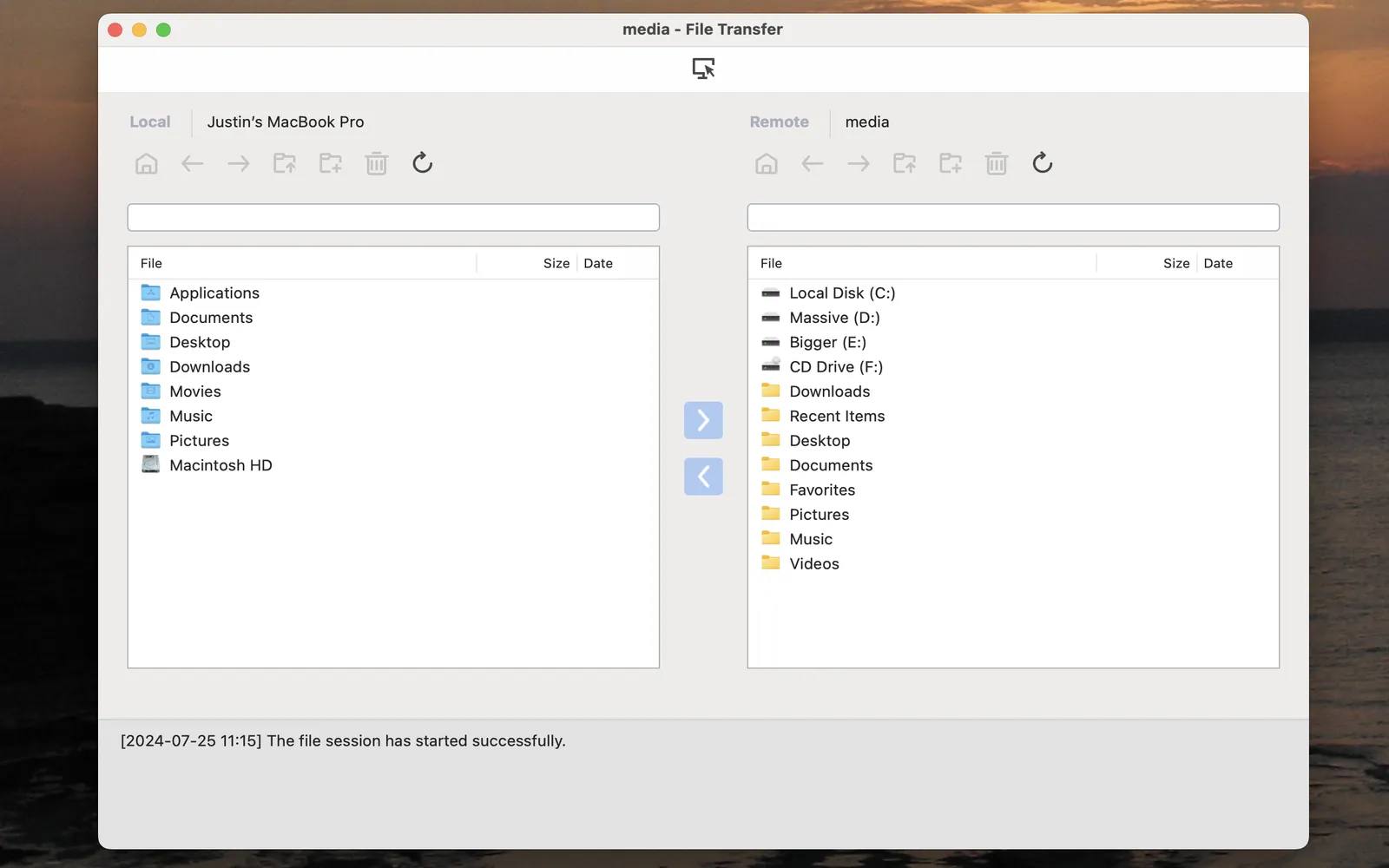
Top Remote Access Software for Small Businesses in 2025: Boost Productivity and Security
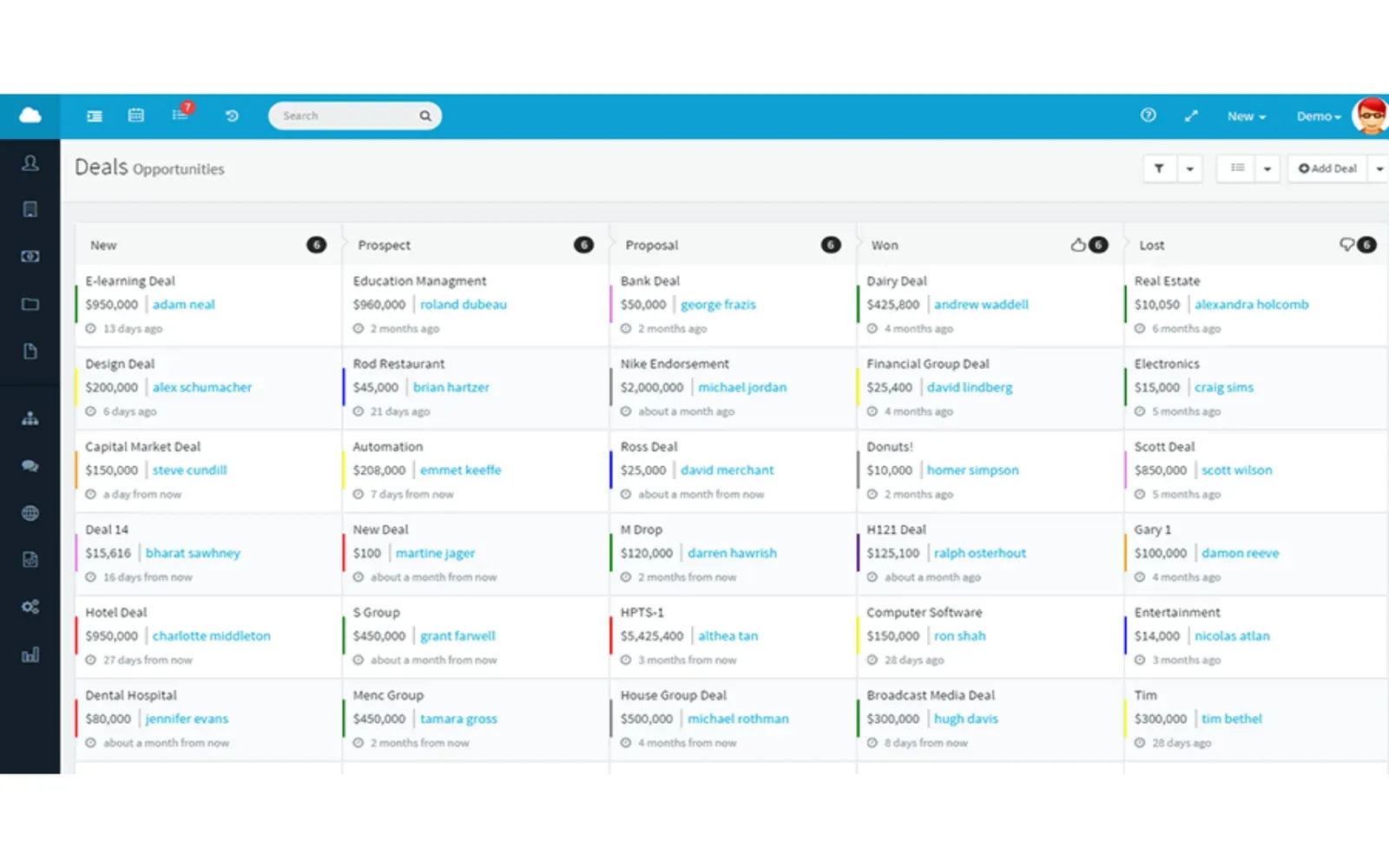
Top Data Management Software for Small Businesses in 2025: Boost Efficiency and Drive Growth
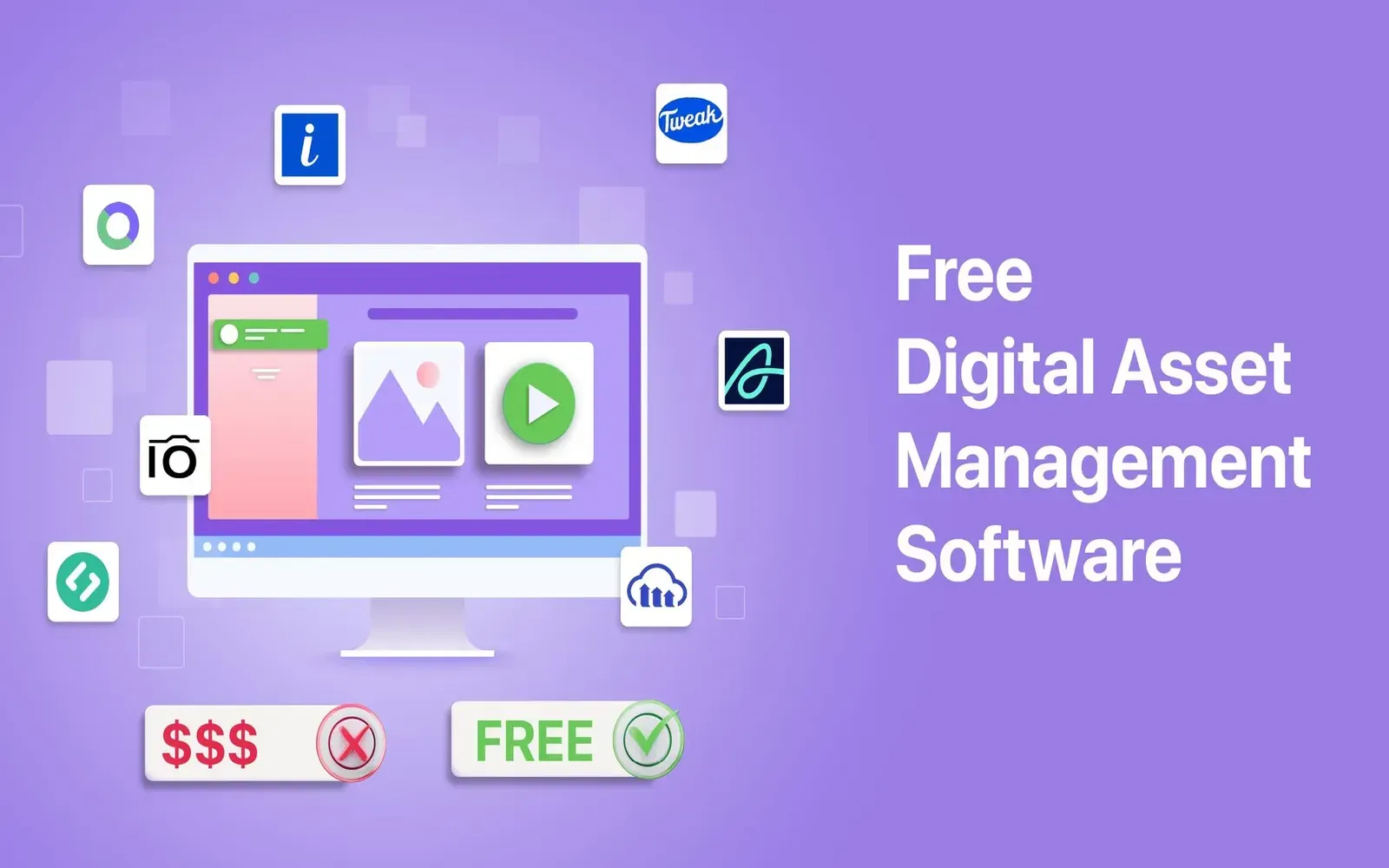
Top Digital Asset Management Software Trends to Watch in 2025: Boost Your Brand's Efficiency
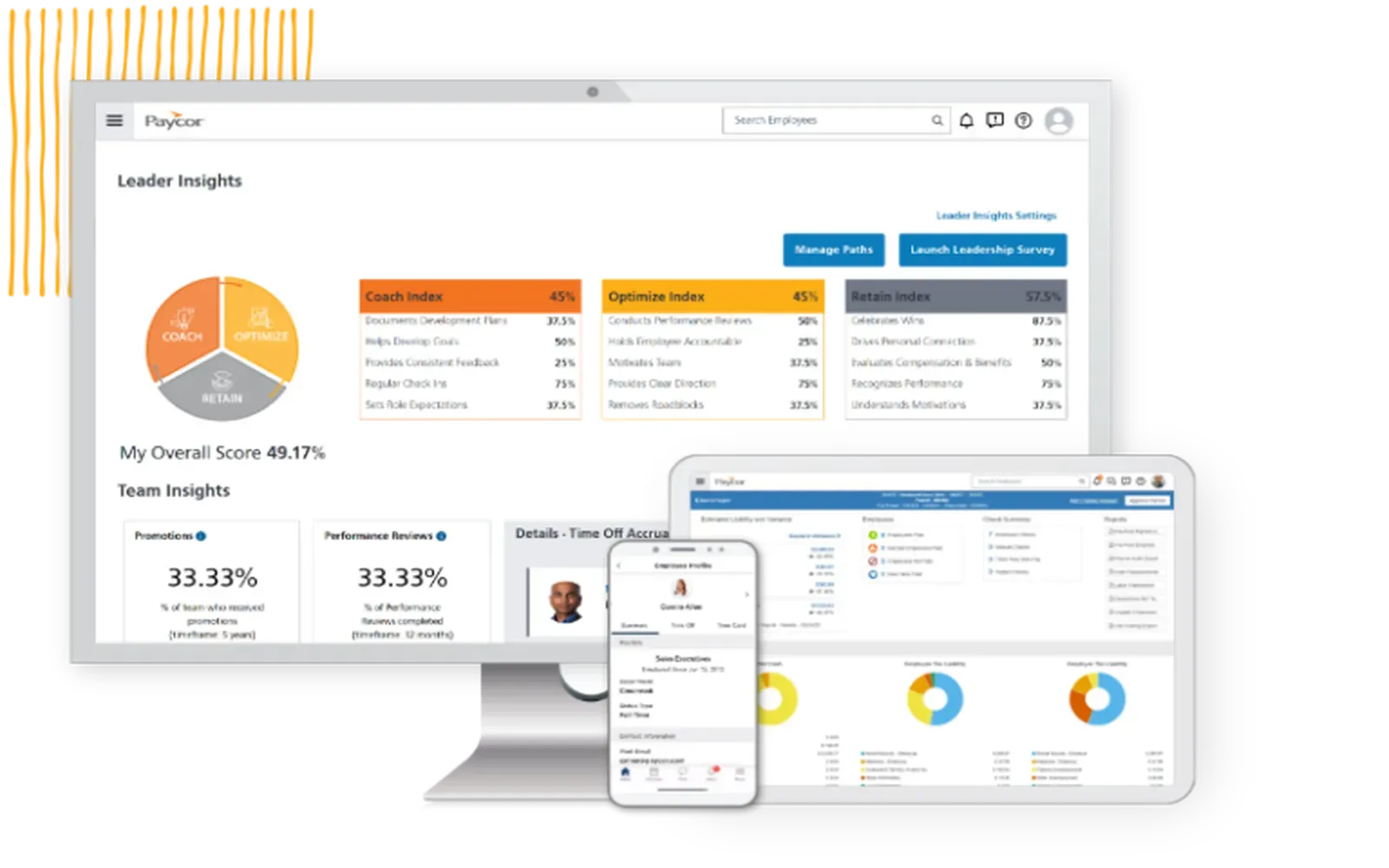
Top Payroll Software Solutions for 2025: Streamline Your Business Operations and Boost Efficiency
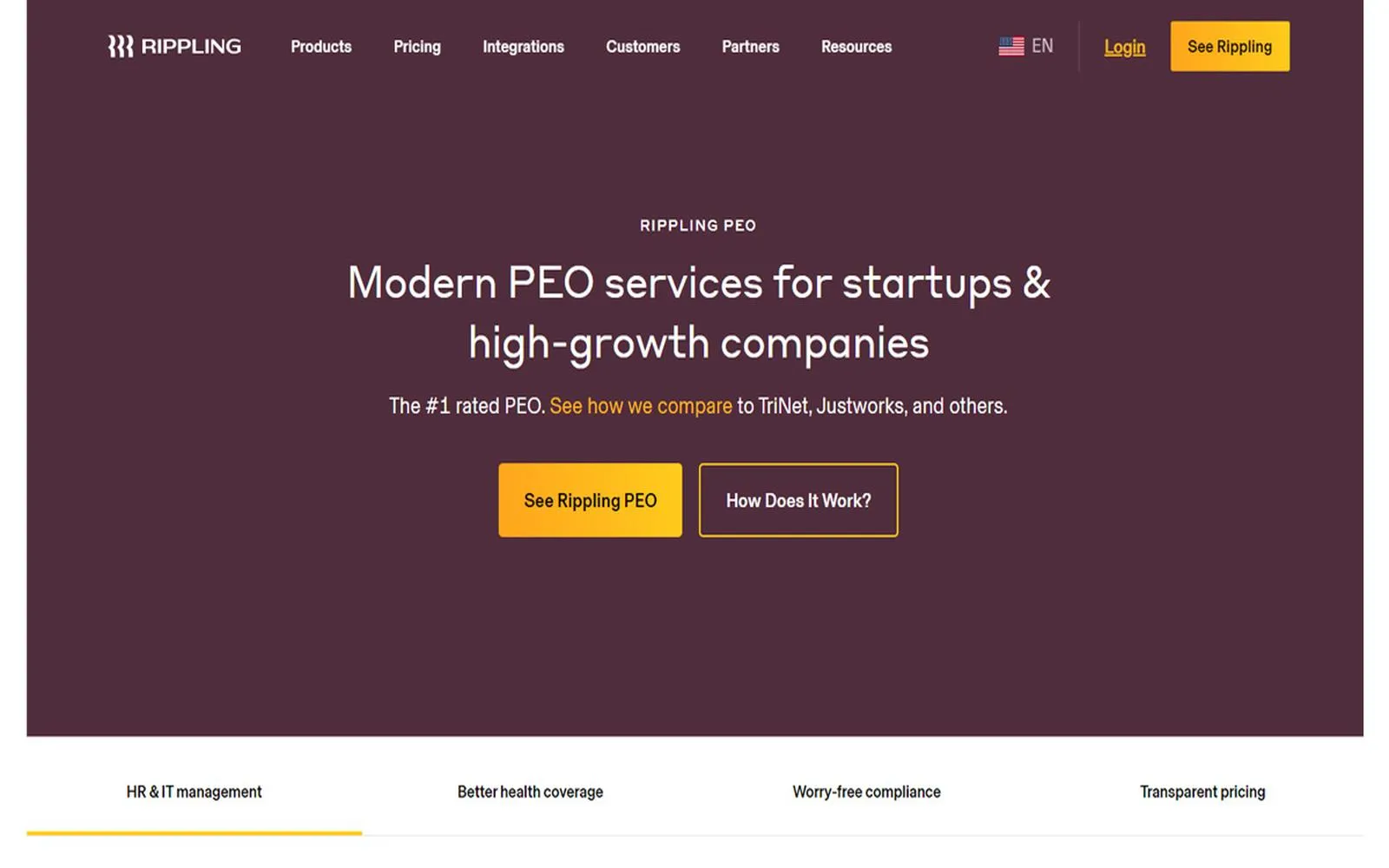
Top PEO Companies for Small Businesses in 2025: Streamline HR and Boost Growth
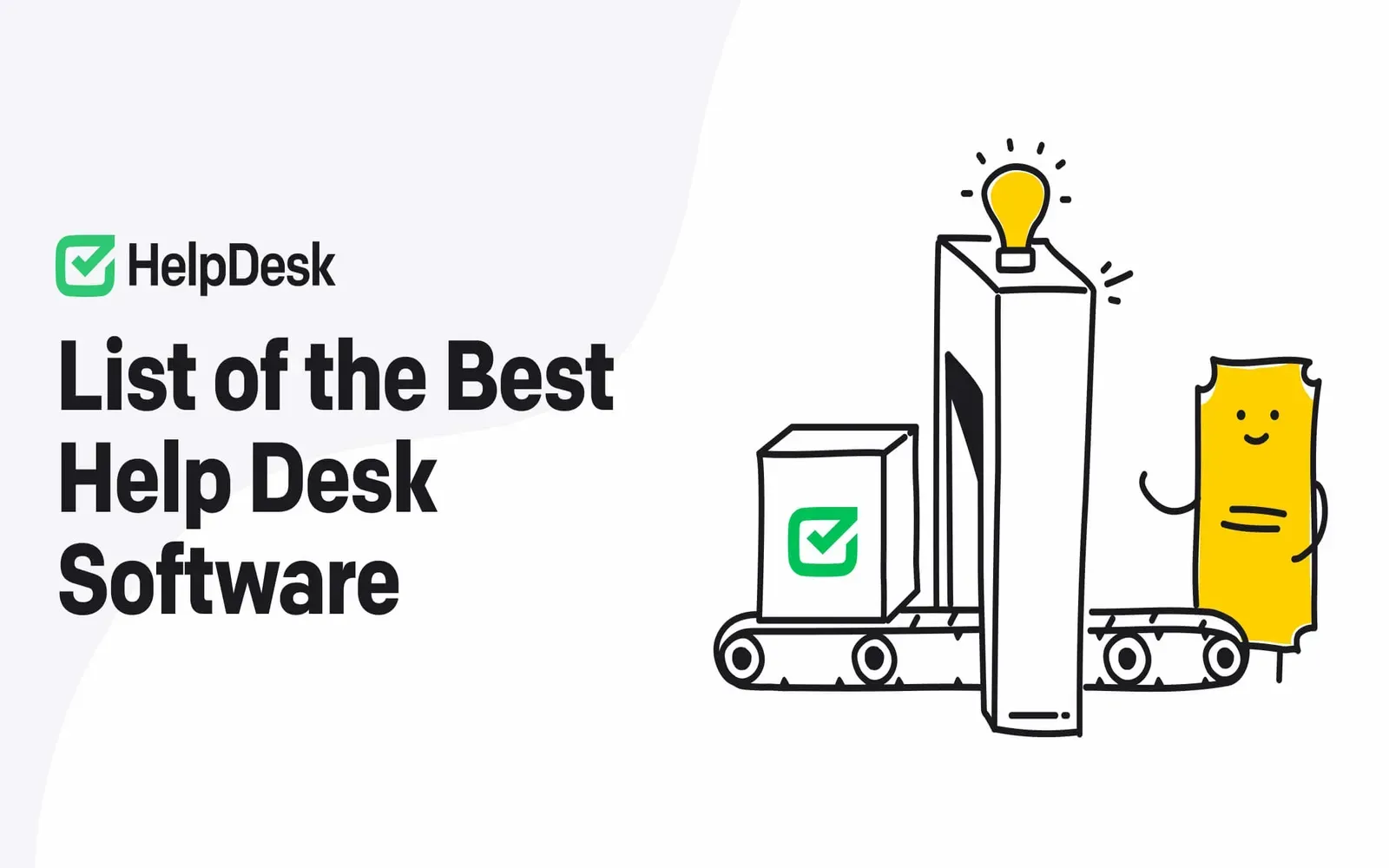
Top Help Desk Software Solutions for 2025: Boost Your Customer Support Efficiency

Top SEO Software Tools to Boost Your Rankings in 2025: A Comprehensive Guide

Top PPC Agencies to Watch in 2025: Boost Your Online Advertising Success
